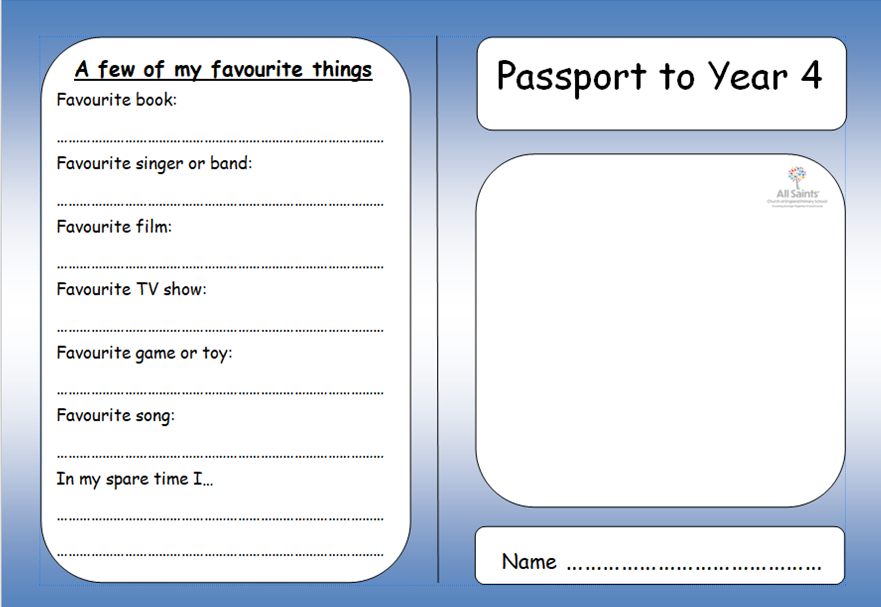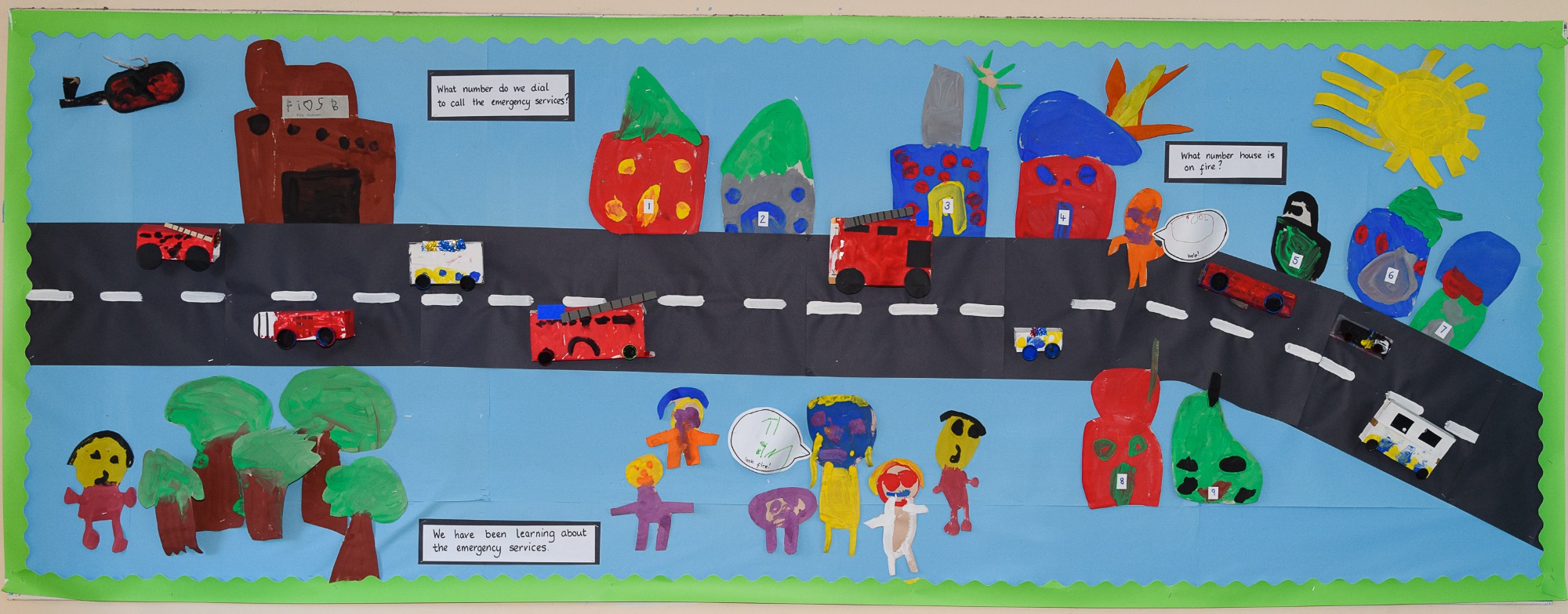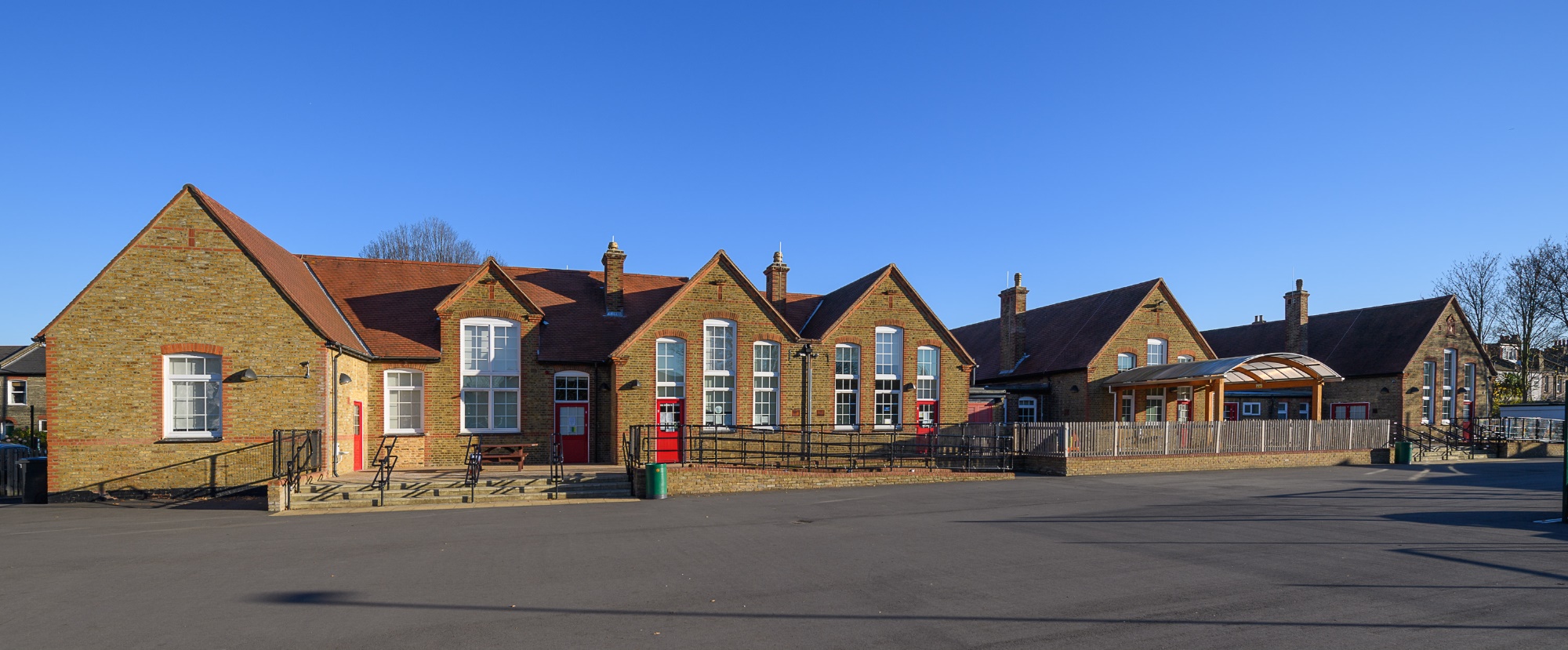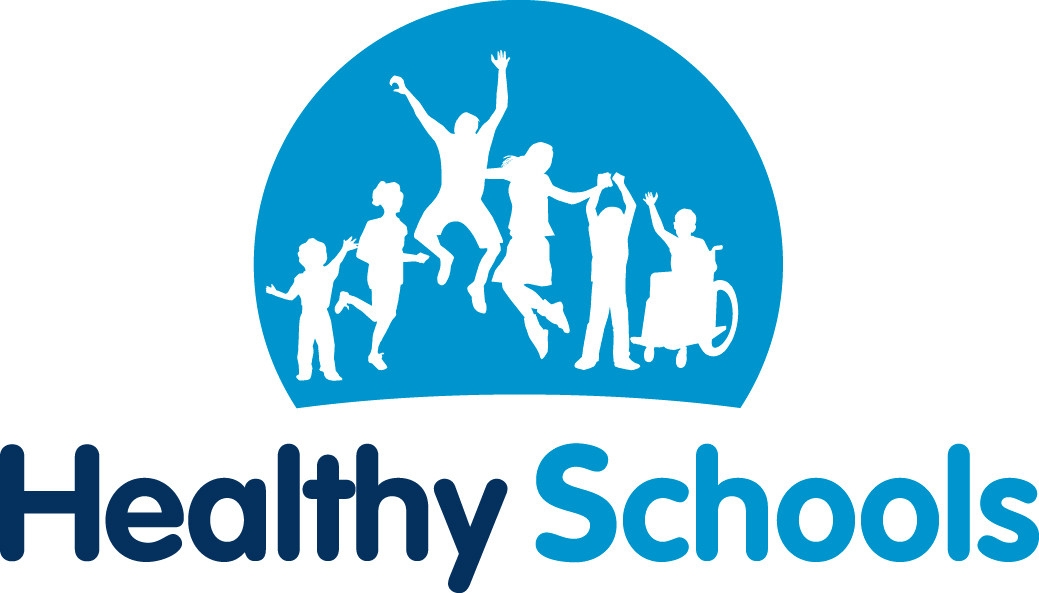Transition
Transition Year to Year
New school year anxiety can be tough, and may often bring about mixed feelings for children: for some, a source of stress, and for others, excitement.
Here at All Saints’, we ensure that transition from each year group is planned carefully so that the children and their wellbeing are supported throughout this process. Through a 4-week transition plan in the Summer Term, we ensure the children have met with their new teachers and are familiar with their new classroom environment.
We use social stories for many of our children, which include pictures of their new learning environment, pictures of their new staff and a child-friendly explanation of their new daily routine. These social stories are shared with parents so that the children can read through them both at school and at home to prepare themselves for the changes which lie ahead.
For children with SEND, additional visits with their new class teacher and Learning Support Assistant is arranged and, where necessary, further work will be done with the child to aid this move.
If you have any questions regarding your child’s transition to either a new school year or to Secondary school, please contact the office and ask to speak to our Mental Health, Behaviour and Nurture Lead, who will be pleased to help you with your enquiry.

Transition to secondary school
By the end of our children’s journey here at All Saints’, we want them to be respectful, resilient role-models, having a self-belief in themselves and their abilities, ready to go from strength to strength and be truly ready for the next step in their learning journey.
With this ethos in mind, we are aware of how important it is to ensure that a smooth transition to secondary school takes place. We are particularly keen to involve parents and carers as much as possible in their child’s transition to secondary school.
School staff will take opportunities to work alongside parents and carers to visit secondary schools in advance of secondary placement applications being submitted to the Local Authority. This ensures parents and carers can make the most informed placement decision for their child.
We ask parents and carers to be mindful of the mental health of their children, themselves and others during this process. We also ask parents and carers to be mindful when discussing schools with their child or other parents as some comments can cause undue stress and anxiety.
What we do?
Becoming a Worry Ninja - The ‘Becoming a Worry Ninja’ workshops are designed to develop all children’s understanding of anxiety and to teach them tools and strategies for managing anxious thoughts and feelings. They support our Year 6 children to manage worries specifically related secondary school transition, friendships or other worries they may have at home. These workshops are delivered across three weeks, by our skilled NHS Educational Wellbeing Practitioners.
Summer 1 PSHE unit 'Relationships' - During this unit, Year 6 children will explore the following themes, where lessons are structured around the transition to Year 7 - What is Mental Health, My Mental Health, Power and Control experienced amongst peers, Being Online: Real or Fake/Safe or Unsafe and How to Use Technology Safely.
Visits to the Secondary school - During the summer term, every secondary school will hold transition sessions (or half/whole days) inviting Year 6 children in. During this visit, the children will tour the school, look at and discuss example timetables, have the opportunity to ask many questions, play in the playground, meet members of staff and engage in positive experience with older pupils and in some cases, the children may be asked to sit a short Reading, Writing or Maths test.
Visits from the Head of Year or Head Teachers from secondary schools - In past years, we have had the Head of Year or the Head Teacher visit the children at All Saints' who will be attending their school. During this visit, the children learn more about their secondary school and are encouraged to share their thoughts and to ask questions. This visit is not from all schools in the Merton borough.
Transition meetings with Miss Ghassibe and Head of Year 7 of all Secondary schools in Merton - These are typically held online where Miss Ghassibe and the Head of Year meet to discuss the pupils transitioning to their school. This is where Miss Ghassibe shares the children's strengths and important information she feels the school should know in order to help the child have a smooth transition.
A visit from a Youth Engagement Officer - Throughout the Summer term, we have a visitor from a Youth Engagement Officer from Merton where the officer provides information, advice and strategies to support with transition into secondary school, safe travel, online safety, social media, bullying and hate crime.
ELSA - If a child is experiencing anxiety or worries around the transition to secondary school, they may be referred for ELSA support. Our ELSA's are trained in providing children with support around social skills, emotions, bereavement, social stories and therapeutic stories, anger management, self-esteem, solution focus and friendship counselling.
The Young Minds website provide so many valuable resources and advice online, particularly around supporting school transitions. Please follow the following link to find out more:
https://www.youngminds.org.uk/professional/resources/supporting-school-transitions/
SEND transition to secondary school
We also recognise how important a successful transition is to our children with additional needs.
We work in partnerships with all our secondary schools to provide an enhanced level of transition for those who we feel would benefit. This may take the form of additional visits for children (and their 1:1 Learning Support Assistants), in a 1:1 and small group capacity working with secondary school staff or secondary pupil mentoring.
Transition visits take place from the beginning of July. Children who are more vulnerable are identified and supported during this process and if additional visits are required, these will be arranged. The Behaviour Lead and/or the SENCo at both schools will meet with the parents to discuss individual cases.
The period of transition depends on the individual needs of the pupil. If it is felt appropriate secondary school colleagues will attend annual reviews to meet the current class teacher, parents and most importantly the child. We have found this strategy particularly useful in easing any worries or concerns parents and children with additional needs may have.
Full 2023-24 Merton guidance available here.












